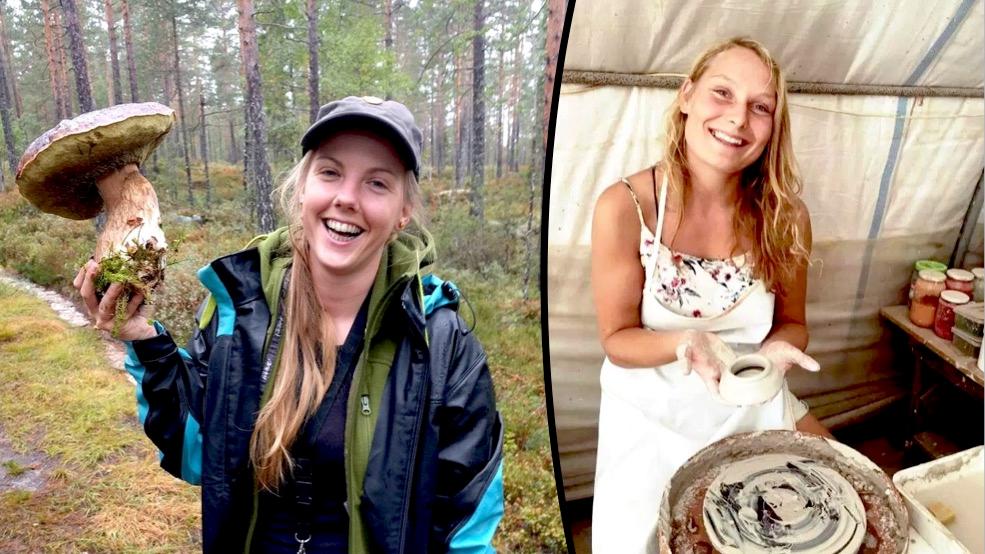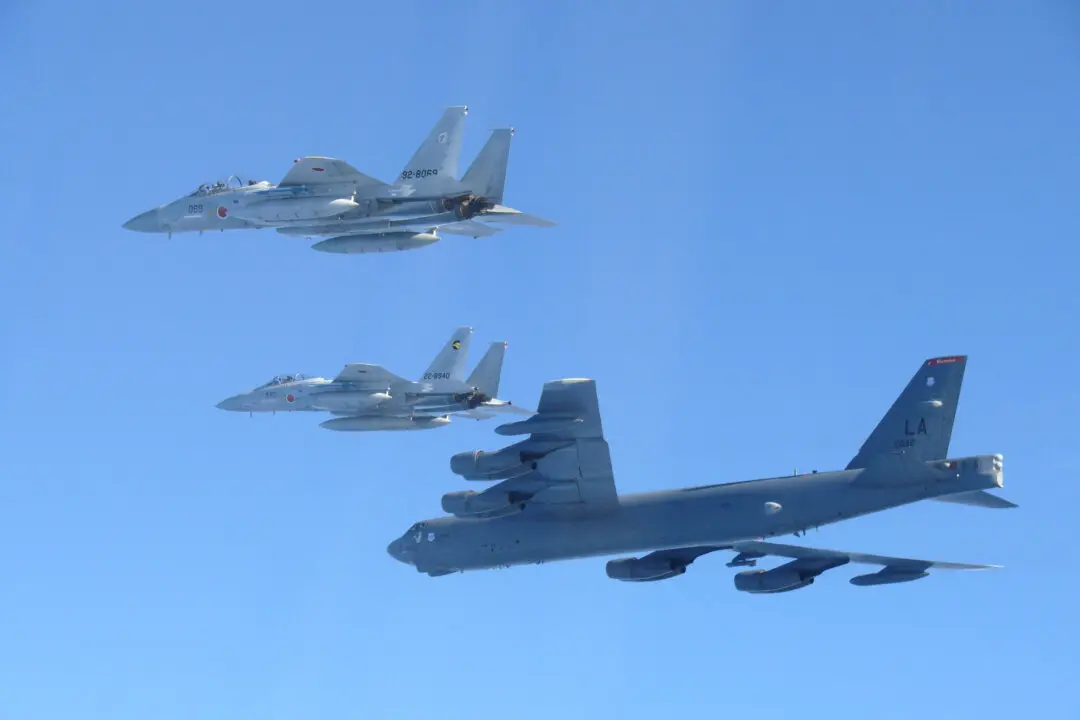Denmark’s prime minister says the killings of two Scandinavian tourists in Morocco’s Atlas Mountains can be considered “politically motivated and thus an act of terror.”
The two female tourists, Louisa Vesterager Jespersen, 24, of Denmark and 28-year-old Maren Ueland of Norway, were killed in an unguarded area in hard to reach mountains, according to the Moroccan prosecutor’s office.





